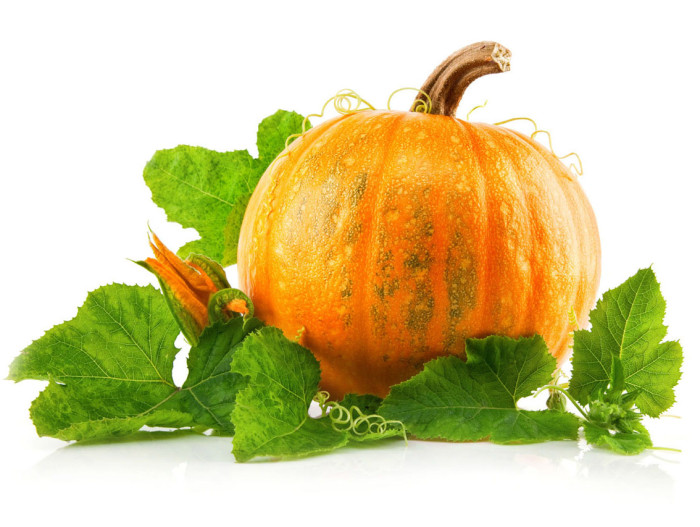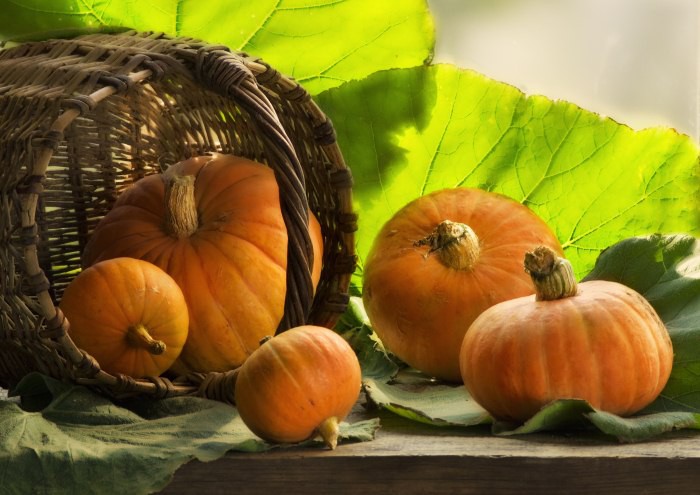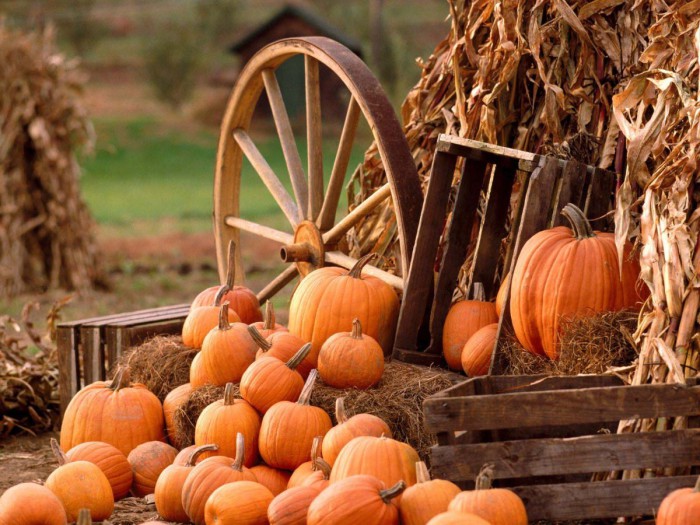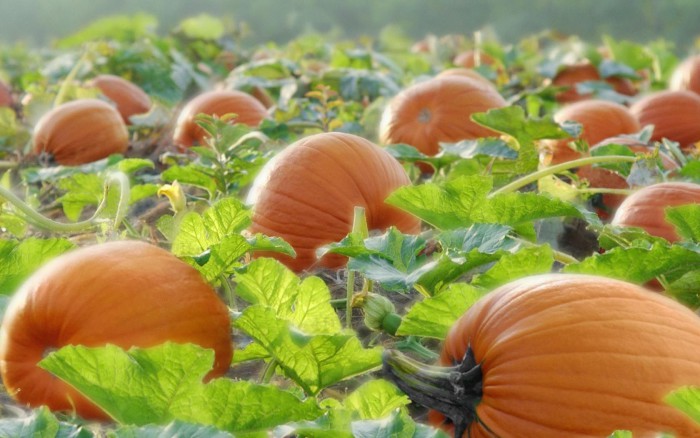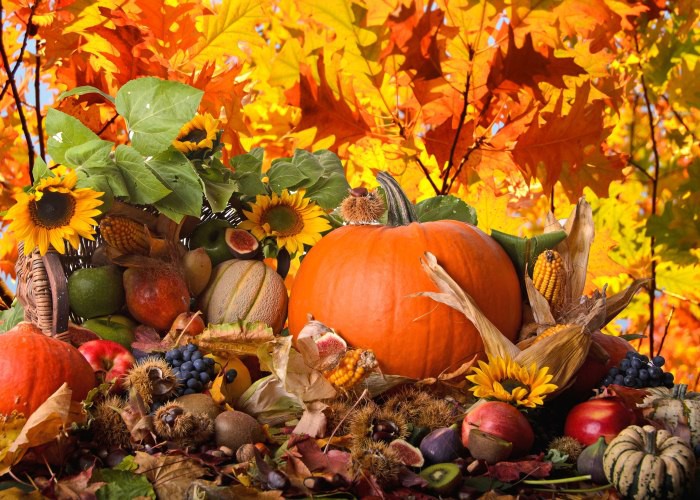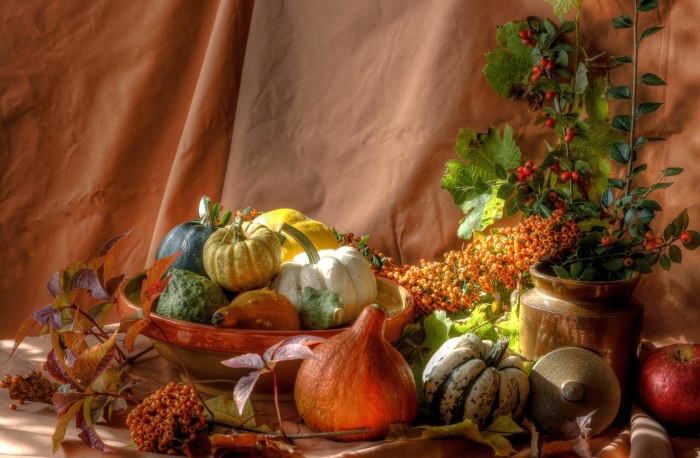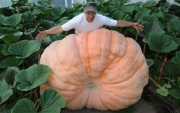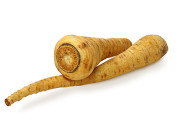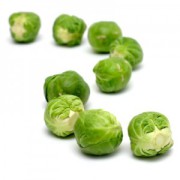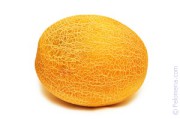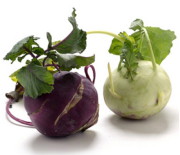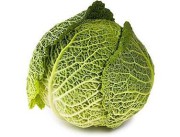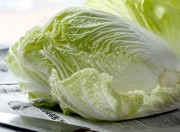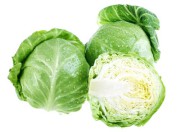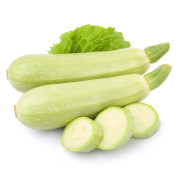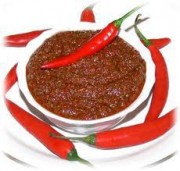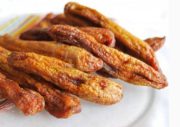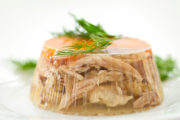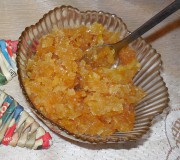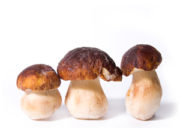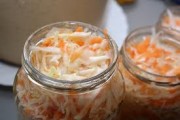Pumpkin - benefits and harm to the body. Description, properties, vitamins and calorie content of pumpkin.
Pumpkin is a herbaceous plant belonging to the Cucurbitaceae family. The first historical mention of pumpkin cultivation dates back to 5 thousand years BC. The fruit of the plant is pumpkin, which in people and literature is more simply called pumpkin. There are varieties of the plant, the fruits of which weigh only a few hundred grams; the largest documented pumpkin was included in the Guinness Book of Records, its weight exceeded 820 kg. The record was set by a US farmer in 2010.
Content
Calorie content and composition

The energy value of the vegetable is 22 kcal. per 100 gr. fresh product. Pumpkin contains a huge amount of substances essential for humans: protein, fiber, healthy sugars, pectin, as well as vitamins A, C, PP, D, E, B, etc., as well as potassium, magnesium, iron, calcium, etc. Not only the pulp, but also the seeds are eaten.
Useful properties of pumpkin

— pumpkin has a beneficial effect on the functioning of the gastrointestinal tract and pancreas;
— the vegetable is good for the heart, indicated for high blood pressure and swelling (pumpkin has a pronounced diuretic effect);
— regular consumption of pumpkin helps reduce blood cholesterol and cleanse the body of accumulated toxins;
— pumpkin is useful to include in the diet of all people suffering from excess weight, since the fruit contains a minimum of calories, saturates well and speeds up metabolism, it really helps to lose weight;
- pumpkin has a positive effect on the condition of the skin, hair and nails.

It is difficult to single out a system or organ of the human body on which the bright and juicy “Queen of Autumn” would not have its healing effect.
How to eat pumpkin?

Pumpkin is eaten boiled, baked, fried, or pickled. Juice is prepared from this healthy vegetable, jam is made, and some people prefer to eat pumpkin fresh.
Contraindications - who should not eat pumpkin?

Sweet pumpkin varieties are not recommended for use if you have diabetes. Vegetable consumption should be limited during periods of exacerbation of certain gastrointestinal diseases, such as ulcers and gastritis. In rare cases, an allergic reaction may occur; pumpkin is also contraindicated for such patients.
How to save?

Pumpkin stores well at room temperature in a cool, dry place. The cut vegetable should be stored in the refrigerator for several days; if the fruit is very large, it can be peeled, cut into cubes, then frozen.
